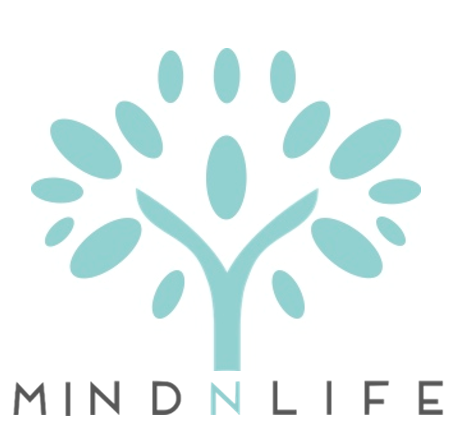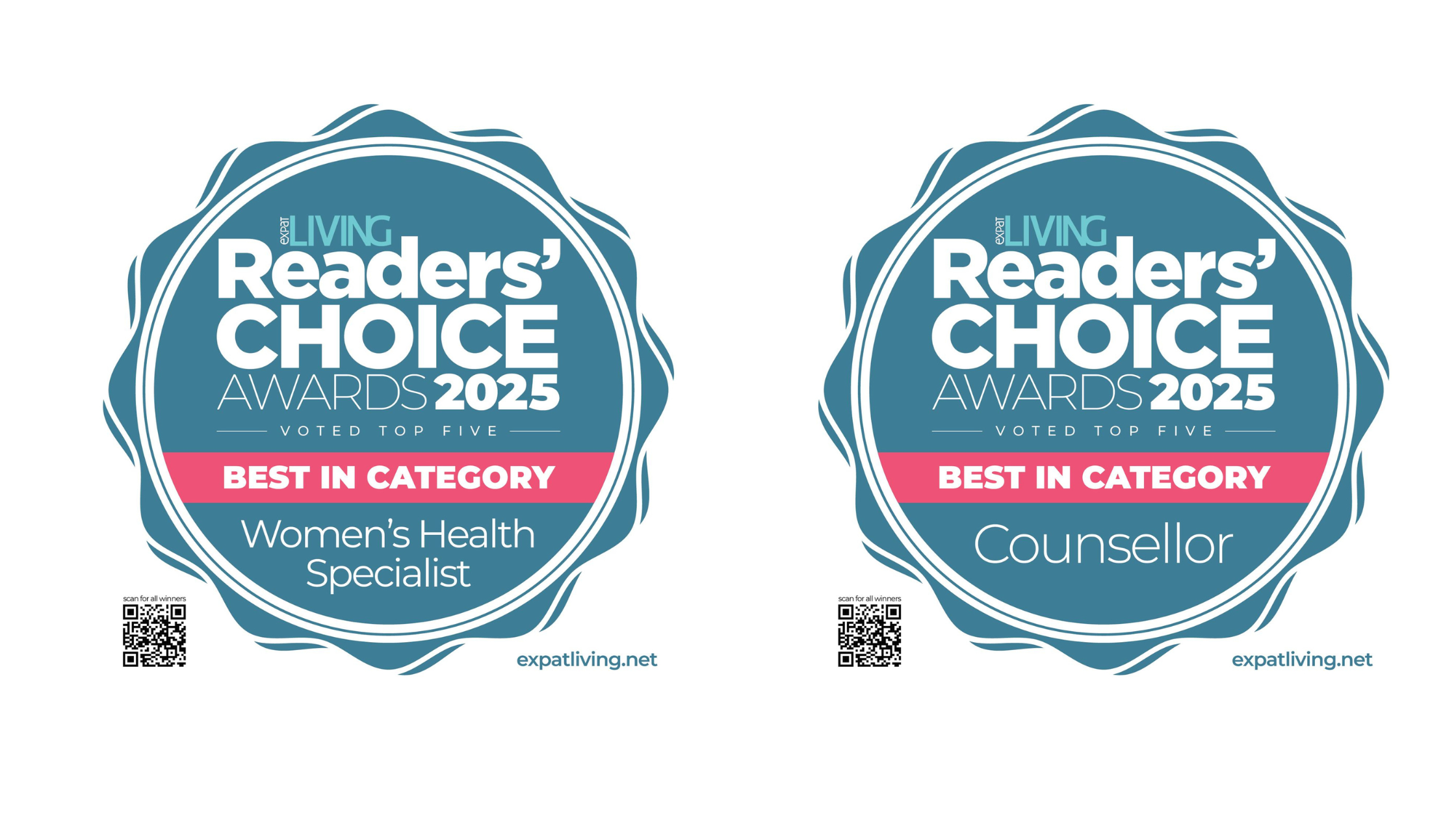Our Expertise
- Adjustment to Hong Kong
- Adjustment Disorder
- Anger Management
- Asperger’s Syndrome (ASD)
- Attention Deficit Disorder (ADHD)
- Attachment Challenges
- Anxiety Disorders
- Bipolar Disorder
- Burnout
- Bullying
- Cancer Support
- Chronic Illness
- Cancer Support
- Communication Skills
- Conflict Resolution
- Crisis Management
- Cultural Adjustment
- Custody Evaluations
- Cyber Safety and Cyberbullying
- Depression (including Post Natal Partum Depression)
- Divorce and Separation Support
- Employment and Career Challenges
- Family Therapy
- Grief / Loss
- Gender Identity/Identity Issue
- Infidelity
- Insomnia
- Intimacy in Relationships
- LGBTQ Issues/ LGBTQ Couples Counselling
- Low Self Esteem
- Marriage Counselling
- Menopause Life Transition Support
- Obsessive Compulsive Disorder (OCD)
- Panic Attacks and Disorder
- Parenting Challenges
- Relationship Issues
- Personality Disorders
- Phobias
- Pre and Post Marriage Counselling
- Post Natal/ Partum Depression
- Psychosis
- Relationship Challenges
- Stress Management (Work, Family, Relationships)
- Separation and Divorce
- Sex Therapy
- Sexual Dissatisfaction in Relationship
- Sexual Trauma and Abuse
- Self Harm
- Sleep Problems
- Social Anxiety
- Stress Management
- Suicidal Thoughts
- Supervision for Trainees
- Trauma and Abuse



